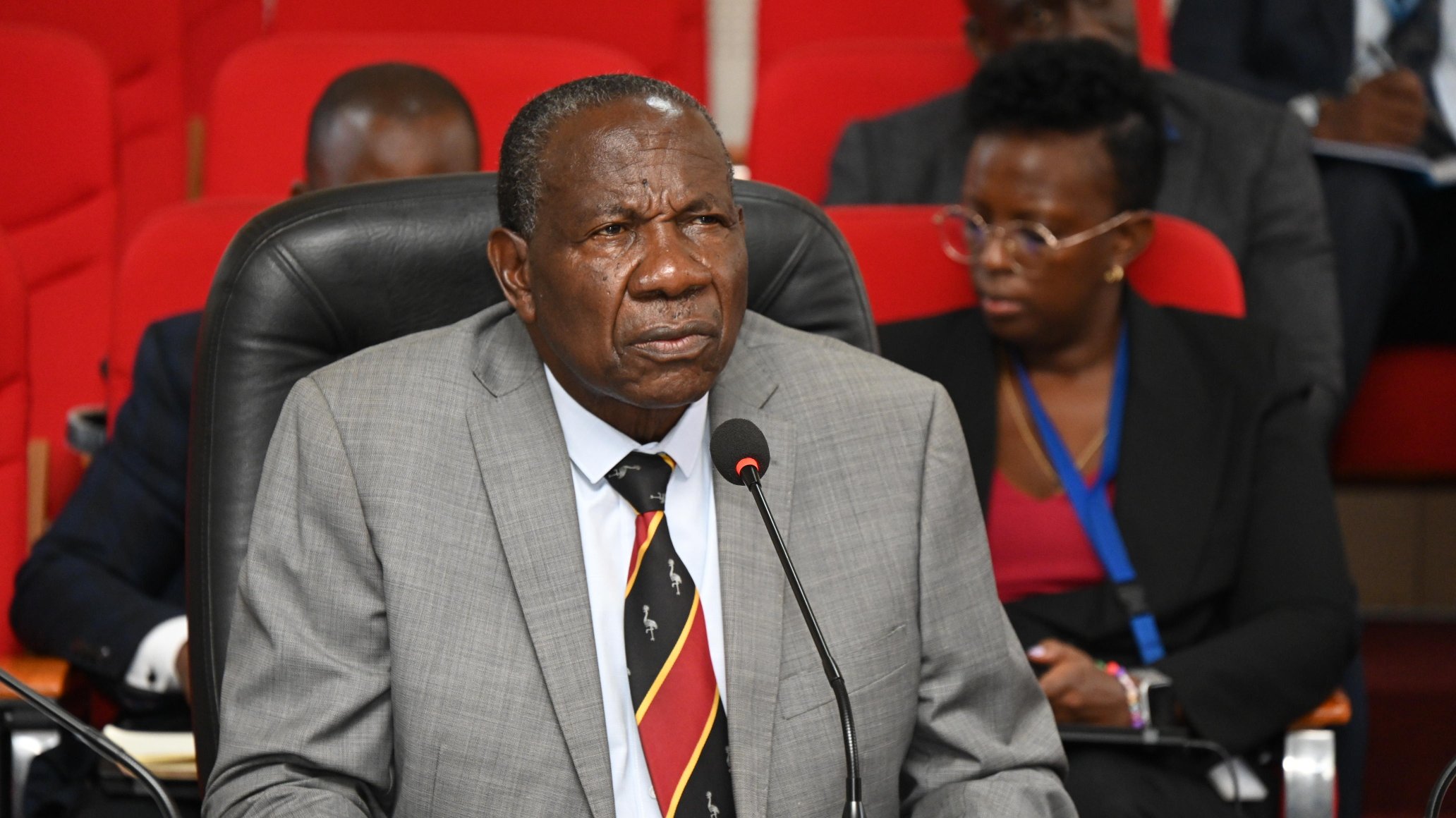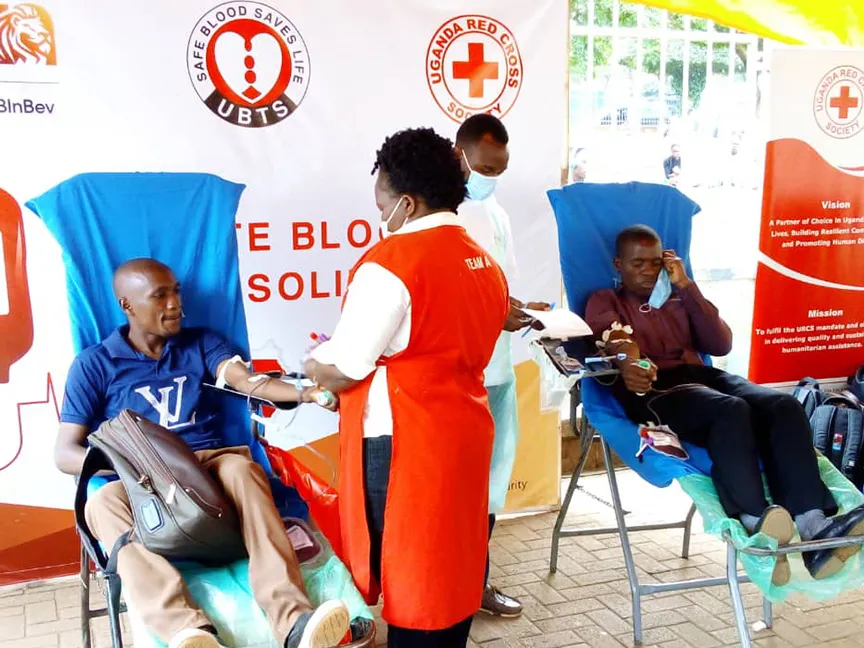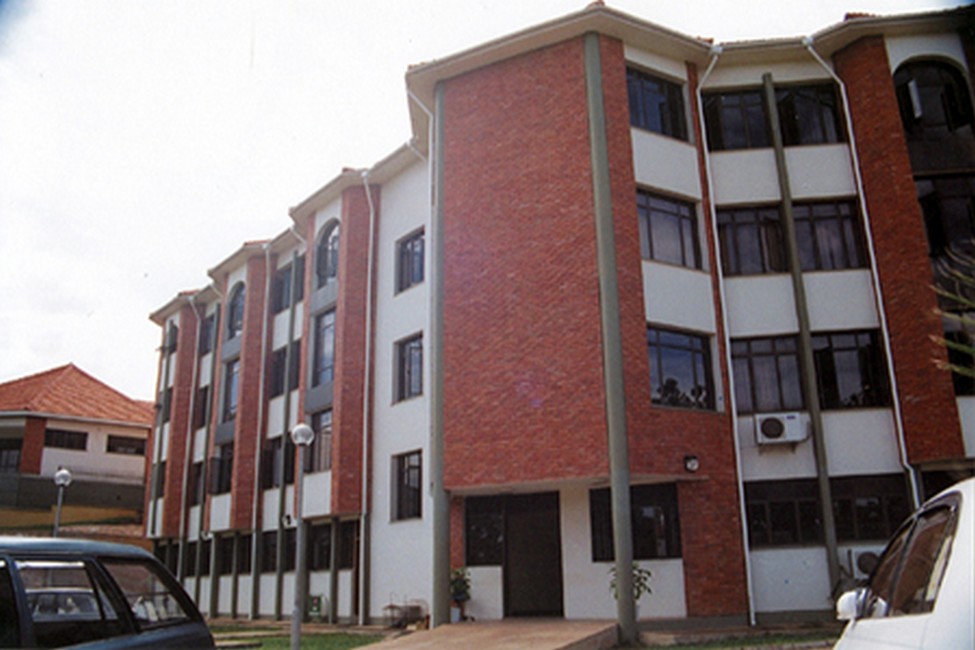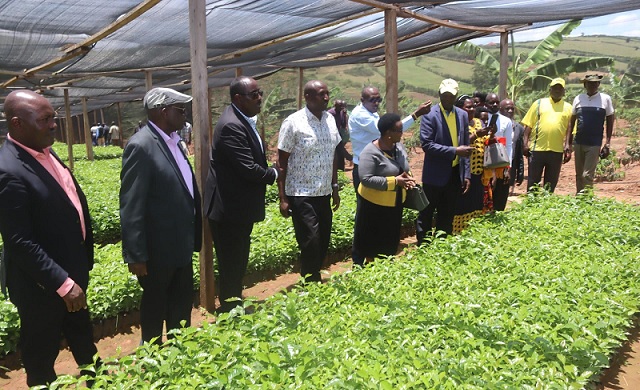On April 16, 2024, the Honorable Minister of Finance, Planning, and Economic Development, alongside the Honorable Minister of Trade, Industry, and Cooperatives, and the Honorable Minister of State for Trade, convened a meeting with representatives of traders to address various issues affecting them. The traders presented several concerns, including proposals to increase the VAT threshold, challenges with the Electronic Fiscal Receipting and Invoicing System (EFRIS), high import duties, non-standardized valuation guidelines, anti-competition practices by manufacturers, and a perceived loss of Uganda’s competitiveness as a regional trade hub.
Traders advocated for significant changes, such as raising the VAT threshold from Shs150 million to Shs1 billion and reducing the VAT rate from 18% to 16%. They also highlighted difficulties with the EFRIS, citing high compliance costs, lack of understanding among traders, and its application to all traders regardless of VAT registration status.
Import duties on textile fabrics and garments were criticized as excessively high, while inconsistent valuation guidelines by Uganda Revenue Authority (URA) raised concerns about fair treatment and tax liabilities for importers. Traders also expressed grievances regarding unfair competition from manufacturers, particularly foreign investors, who engage in various levels of distribution, wholesale, retail, and hawking.
After lengthy discussions, several agreements were reached. The Ministry of Finance committed to studying the proposals for VAT threshold and rate adjustments within two weeks and consulting stakeholders before communicating a decision. URA agreed to continue implementing EFRIS but emphasized sensitization and support services for traders to understand and comply with the system better.
Additionally, measures were outlined to address anti-competitive practices by manufacturers through the implementation of Competition Law regulations and directives to prevent non-citizens from obtaining hawker licenses. It was decided that traders should resume normal business operations while the government concludes internal consultations and engages further with trader leadership within two weeks.
However, despite these agreements, traders have persisted in their standoff, indicating dissatisfaction with the outcomes of the ministerial meeting. The inability to reach a resolution has left both traders and government ministries facing continued uncertainty. It is anticipated that President Museveni will intervene in the coming days, possibly signaling further discussions or actions to address the ongoing impasse.
Concerns Raised by the Traders
- VAT Threshold: Traders urged the government to consider raising the VAT threshold from Shs150 million to Shs1 billion and reducing the VAT rate from 18% to 16%.
- Electronic Fiscal Receipting and Invoicing System (EFRIS): Traders expressed concerns about the challenges posed by the EFRIS, citing high compliance costs, a lack of understanding among traders, and its application to all traders regardless of VAT registration status.
- Import Duty on Fabrics and Garments: Traders argued that the import duty imposed on textile fabrics and garments, at USD 3 and USD 3.5 per kilogram respectively or 35% of the value, is excessively high.
- Non-standardized Valuation Guidelines: Traders highlighted inconsistencies in valuation by the Uganda Revenue Authority (URA) for imported goods, emphasizing the need for clarity and uniformity in tax liabilities. They recommended URA adopt valuation methods consistent with WTO customs valuation standards.
- Anti-competition Practices by Manufacturers: Traders raised concerns about foreign manufacturers engaging in distribution, wholesale, retail, and hawking of products, leading to unfair competition and lower sales for Ugandan traders.
- Loss of Competitiveness as a Trade Hub: Traders lamented Uganda’s diminishing competitiveness as a regional trade hub, attributing it to higher prices compared to neighboring countries like Kenya and Tanzania.
Agreements Reached
After thorough deliberation, the following agreements were reached:
- The Ministry of Finance, Planning, and Economic Development will study and consult on proposals to adjust the VAT threshold and rates within the next two weeks. Traders will provide input on the matter.
- URA will continue implementing EFRIS but will focus on sensitization and support services for taxpayers. Restraint will be exercised in enforcing penalties for non-compliance, and outstanding penalties will be reviewed for possible waivers.
- The Ministry of Trade, Industry, and Cooperatives is finalizing regulations to implement the Competition Law and has directed enforcement of trade licensing regulations to curb anti-competition practices.
- Traders are expected to resume normal business activities as the government concludes internal consultations and further engages with trader leadership. These consultations will be completed within two weeks.
Despite these agreements, traders have continued their standoff, prompting anticipation for a meeting between President Museveni and traders, possibly on Friday. The ministries remain committed to addressing the traders’ concerns and resolving the ongoing impasse.




















